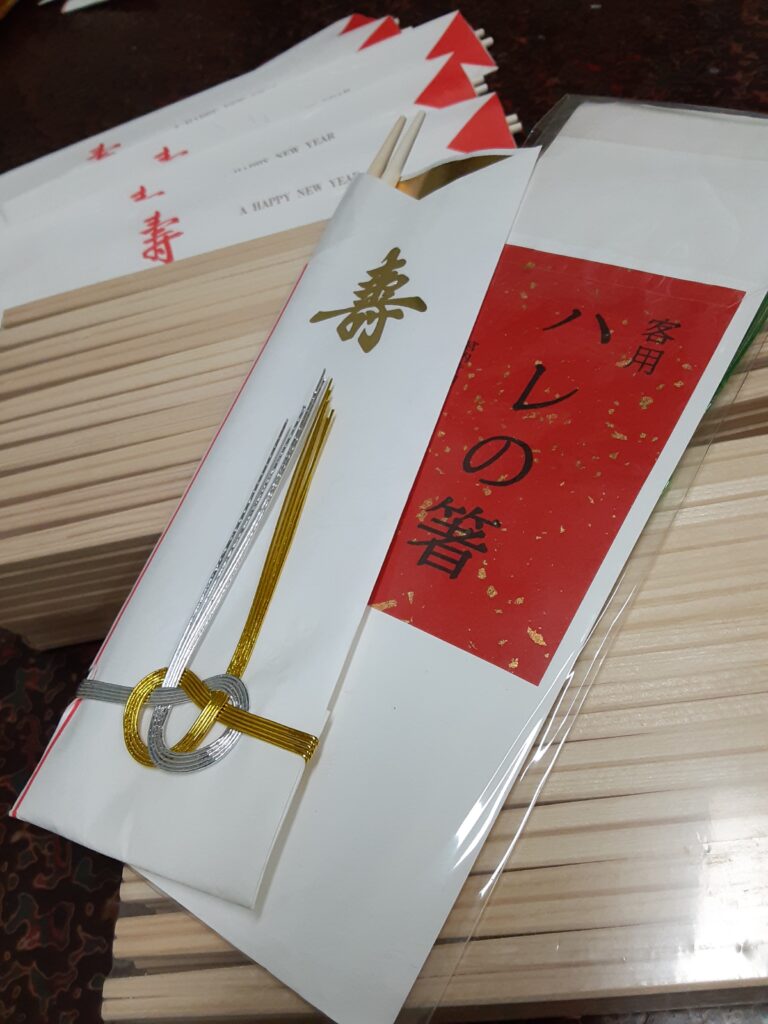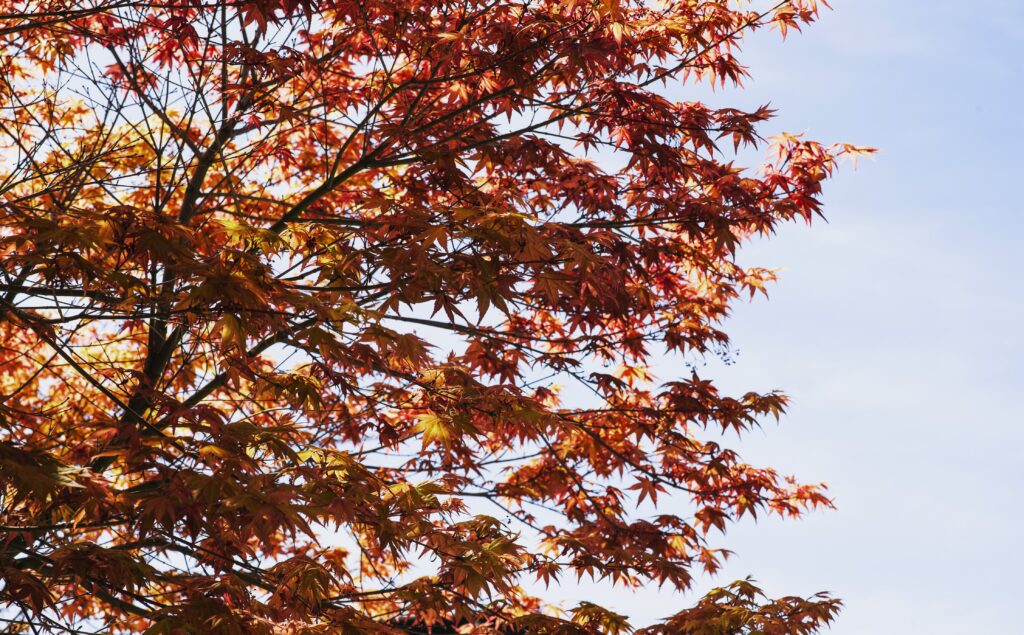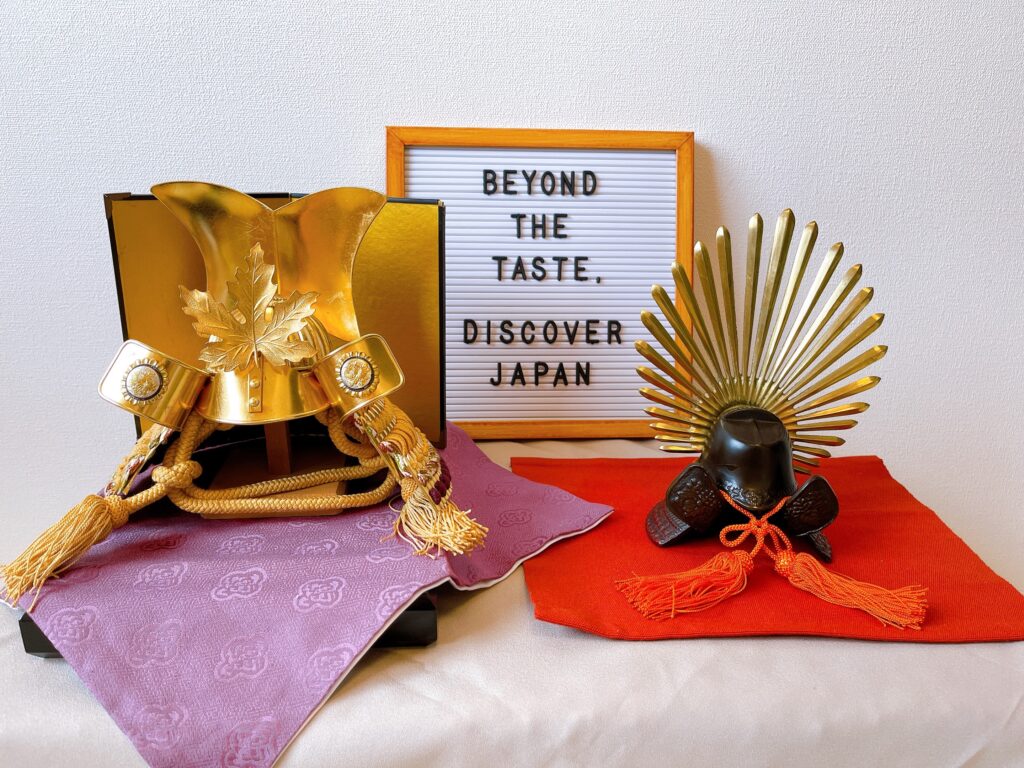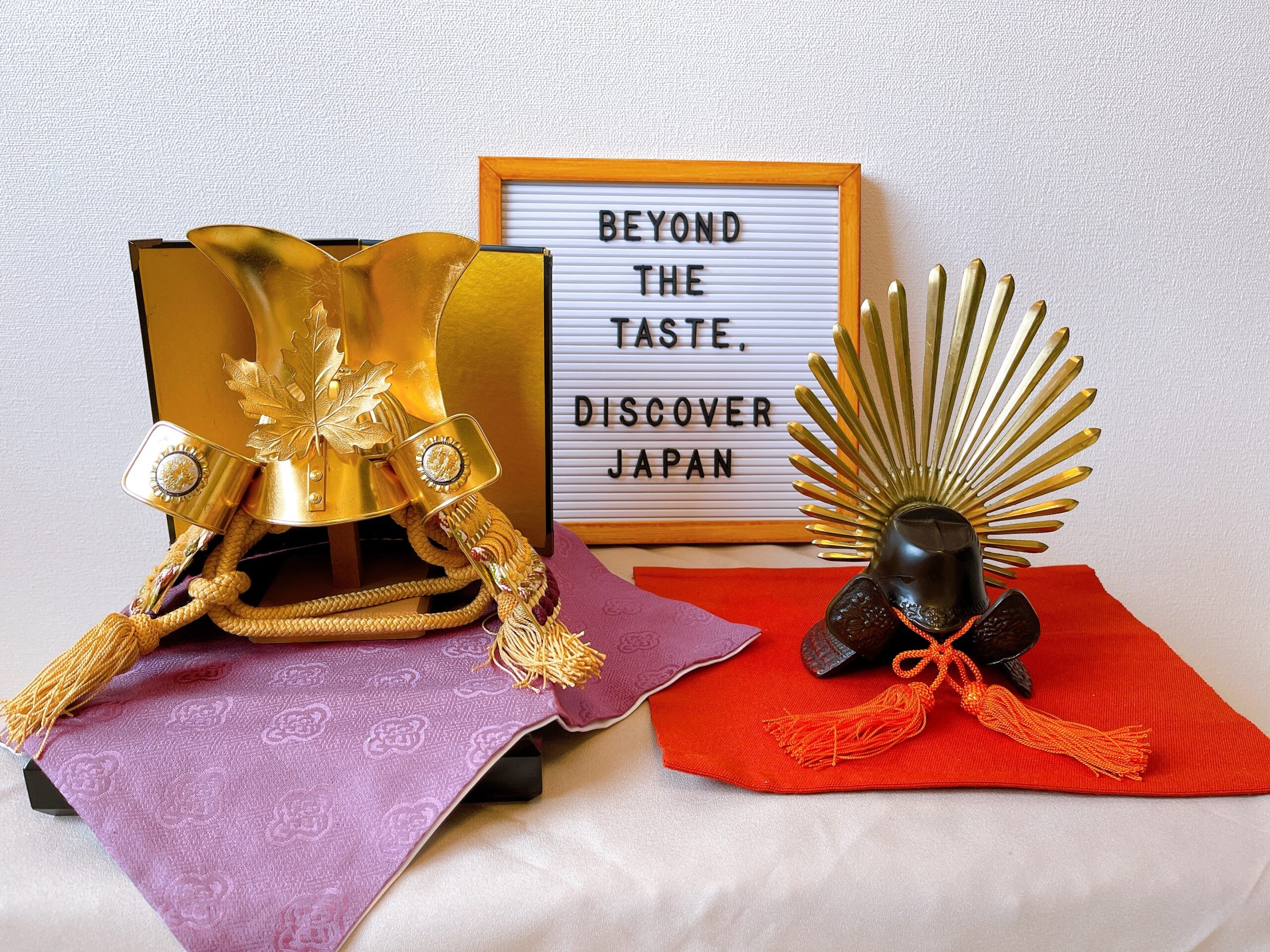“Invisible Value of Japanese Culture”
Why is Japanese food called “Intangible Heritage”? Because it has an invisible value more than actual taste. Food is not only about its tastes and nutritious. The background cultures are also important facts.
The word “Washoku” is not only for an expensive menu. Daily regular meals are also included in the category of Japanese cuisine.
In the Japanese Zen mind, we focus on traditional customs and manners in daily life. We also consider the contrast between formal and casual. And we call “KE NO HI(The day of KE)” the ordinary days. Casual dining is also a very important part of Japanese food culture.
“HARE NO HI(The day of HARE)”
The other hand, we used to enjoy a celebratory meal at each turning point. And it’s not only about a New Year. Originally, our ancestors were caring about proper food for seasonal events.
In Japan, we call “The Day of Hare” a special day. But it’s not necessarily gorgeous, we cherish Japanese history and feelings.

“Seasonal Senses are Important Spices for Japanese Food Culture”
Good atmosphere promotes better taste. Seasonal senses and temperatures are also indispensable spices for Japanese Cuisine.
If you know about the season of each food which is called “Shun”, you can enjoy the Japanese food more. Every month has a featured Japanese event, and you’ll have beautiful seasonal specialities.
“Kanji Meanings for Japanese food”
“Washoku” lovers also should know about the word “旬 Shun”. This Kanji character means “Seasonal food materials” .
Actually, The word “Washoku” is composed of two “Kanji” characters “和 wa” and “食 Shoku”. “Wa” means harmony and “Shoku” means to eat. I hope Japanese food and culture brings comfortable harmony to your life.
“Geographical and Climatic effects”
Japanese “Washoku” grew up with geographical and climatic effects. The reason is that Japan is a long island, which has all areas North to South.
Japanese fish have their best seasons. And knowledge of seasonal fish is important for its taste. So, we can feel when the season is, when we check the menu at the restaurant or at the supermarket in Japan.

“No Matter how far we are”
Generally, Japanese food “WASHOKU” is related to annual events and the sense of seasons. When you look back on Japanese history, food cultures will always be your side.
No matter how far we are, our Japanese food culture will be helpful for you anywhere, all over the world.
“One of The Healthiest Foods on this Planet”
About 10 years ago, Japanese society and media featured traditional foods, and then, these were getting popular again. Also, many committees aimed to reconsider simple Japanese food and homemade cooking.
Furthermore, these Washoku foods are so much healthier. Washoku breakfast is a good idea to start your day. In other words, Japanese recipes are the best way to learn how to cook healthy foods.


